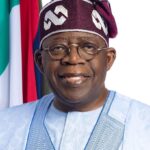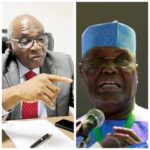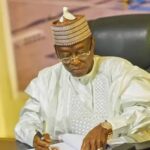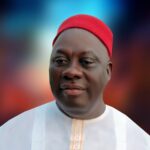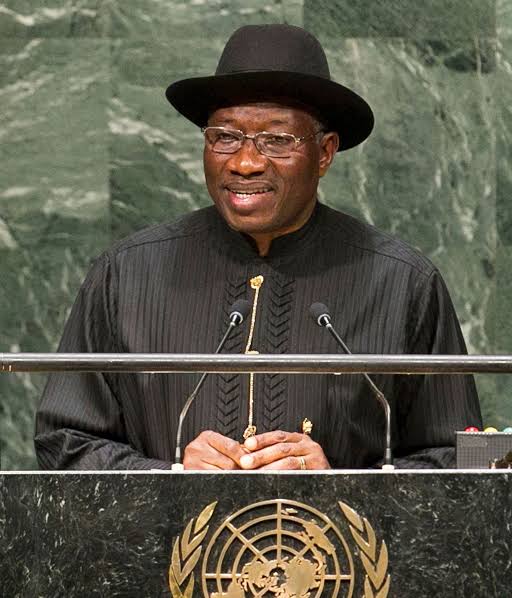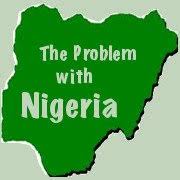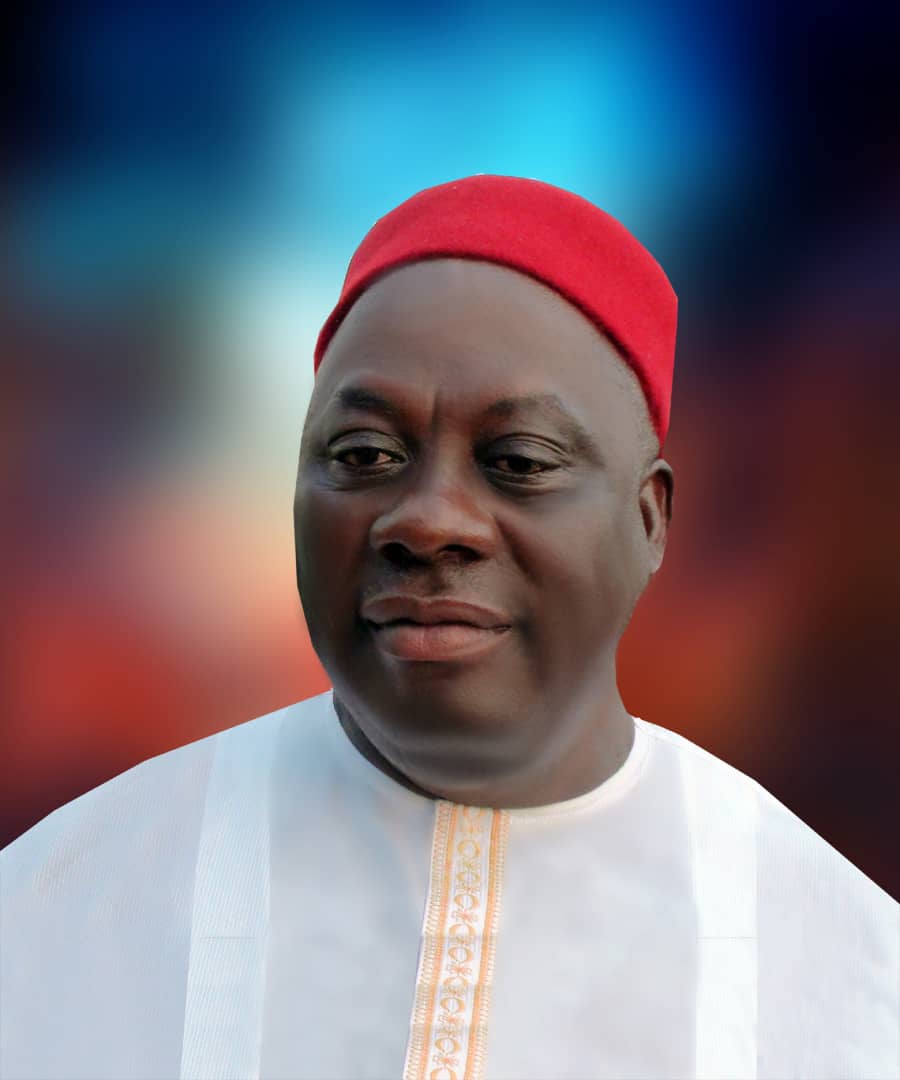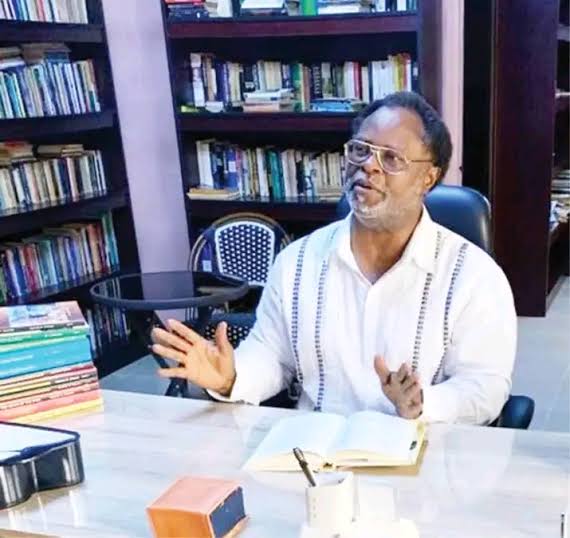“Of course, what is happening in Nigeria today regarding the situation in Rivers State is like an Indian proverb…”Leaders pretending to be sleeping.”
Former President Goodluck Jonathan has advised members of the three arms of government in Nigeria, the executive, the legislature, and the judiciary, to do the right thing while in office and avoid taking actions that could negatively impact the country’s image.
The former president noted that a country’s international standing and the investments it could attract depended on its leaders’ positive actions in advancing democracy and good governance.
Mr Jonathan stated this as part of his reaction to the Rivers crisis while speaking In Abuja on Saturday as the Chairman of the Haske Satumari Foundation Colloquium, which focused on promoting social change and empowerment through diversity, equity, and inclusion (DEI).
Emergency rule in Rivers
President Bola Tinubu declared a state of emergency in Rivers on Tuesday following the protracted political crisis in the state.
The president also suspended the state governor, Siminalayi Fubara, his deputy, Ngozi Odu, and members of the House of Assembly for six months.
Mr Tinubu appointed Ibok-Ete Ibas, a retired vice admiral and former chief of naval staff, as the state’s sole administrator.
On Thursday, both chambers of the National Assembly approved the declaration of emergency rule by voice votes.
The president’s actions, especially the suspension of the elected officials of the state, have, however, drawn criticism from some quarters.
Some have said that he should have taken a cue from Mr Jonathan, who in 2013, while in power, declared a state of emergency in Borno, Yobe and Adamawa states, without suspending the political leadership of the states.
The former president declared a state of emergency in the three states because of the security challenges occasioned by the activities of the Boko Haram terror group.
During Saturday’s event, Mr Jonathan noted that, as a leader from the Niger Delta, people have been reaching out to him to comment on the political situation in Rivers State.
He, however, stressed that it was not the norm for former presidents to comment on the policies and actions of their successors to avoid heating up the polity.
Mr Jonathan, however, rendered his advice in the form of a proverb. He said: “Of course, what is happening in Nigeria today regarding the situation in Rivers State is like an Indian proverb which says that if somebody is really sleeping, you can easily wake up that person but if someone is pretending to sleep, it will be difficult to wake the person up.”
He added that the key actors in Nigeria know the correct thing to do but they are refusing to do it, saying: “They are pretending to sleep and waking up such a person is extremely difficult.”
He also stated that building a society where no one is oppressed is the hallmark of good leadership; one that leverages the transformative power of diversity, equity, and inclusion for social change.
In charging the three arms of government not to compromise their offices and positions, Mr Jonathan further said: “Whatever happens in a country, the decisions taken by the executive arm of government, the parliament and the judiciary affects everybody. Whatever we do affects everybody, and if we must build a nation for our children and grandchildren, no matter how painful it is, we must try to do what is right.”
Speaking further on the theme of the colloquium, the former president said: “I believe that it is a mark of good leadership and governance to be able to leverage the transformative power of diversity, equity, and inclusion (DEI) for social change. As a leader, I have seen how these values can bring people together, foster a sense of belonging, and unlock the full potential of individuals and communities.
“However, I have also seen how the absence of these values can lead to division, inequality, and social unrest. It is, therefore, our responsibility, as leaders and change-makers, to promote a culture of diversity and inclusion, one that values and respects the dignity and worth of every human being and protects the interests of all.
“We must not forget that societies that embrace DEI are more innovative, resilient, and harmonious. I know this because I saw how policies that promoted gender equality, youth empowerment, and regional balance during my time as President, helped bridge divides and foster national unity.”
Premium Times

